“If I didn’t define myself for myself, I would be crunched into other people’s fantasies for me and eaten alive. ” – Audre Lorde
“Give light and people will find the way.” – Ella Baker
West Philadelphia born and raised; weaved like twill between African American, Fulani and Ghanaian communities most of my days.
An African American mother + a Ghanaian father.
What was I? Who was I? African-American—no—Ghanaian-American—but not really Ghanaian-enough for the Ghanaians—and too African for the Americans at the same time?
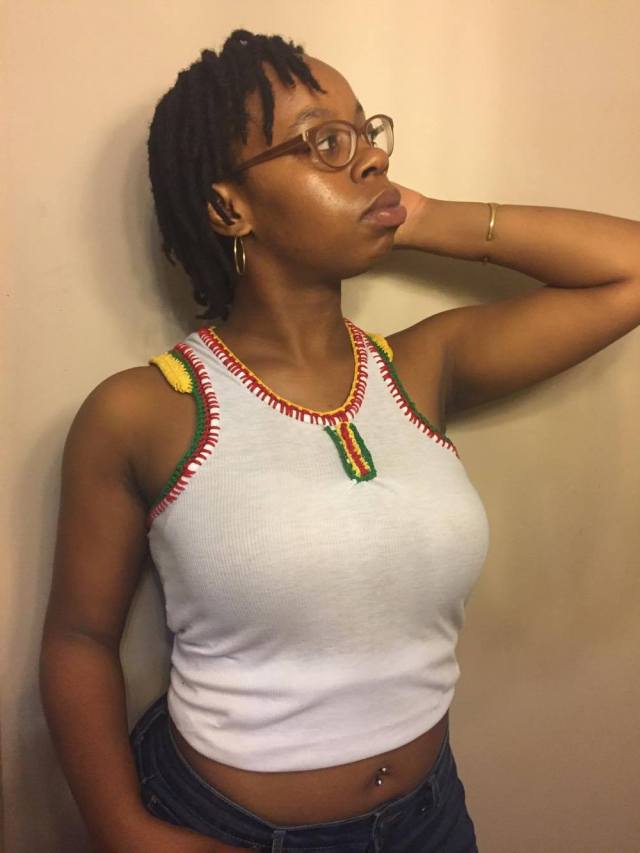
When I was young, I struggled with being ashamed of being different because I felt like I did not fit in.
No, my shame was not an innate condition. Yes, overcoming this was climbing a mountain that gifted me with freedom when I reached the top. Don’t get me wrong. I always knew I was poppinh
All throughout school, I was ridiculed for my African heritage by my black classmates and peers. Students would click their tongues at me, call me African bootyscratcher, the whole 9. Initially, it destroyed my sense of self. I always thought highly of myself, and when others began to devalue me I began to question my value, identity and place in the societies I inhabited. I remember in 4th grade while studying geography, a boy passed out cards with different continents. He gave me the Africa card trying to be funny. The whole class started laughing and I remember I burst out crying to the point that I had to go to the bathroom and get myself together. These are some of the moments that caused me to question my self-worth.

Like many children of the diaspora, I went through a school system that taught nothing about African history and culture except that my ancestors were taken from there and that the history of African people began with slavery. Because of the constant ridicule I was fooled into being ashamed of my African-ness, but best believe I was devouring the fufu (without the spoon shawty) and waiting (im)patiently for the kontomire to finish during visits to my dads.
I remember having a conversation with one of my closest friends about our favorite foods. I told her fufu was mine and explained to her what it was, only for her to say it is uncivilized to eat food with my hands.

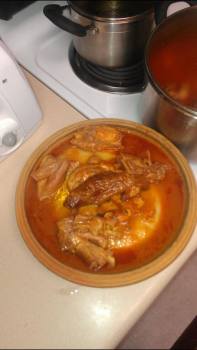
As a young girl finding her place in the world, the constant rejection I faced because people could not understand my identity crippled my self-esteem. On one hand, the social alienation I experienced while among classmates and family members made me stronger because it taught me to fight for myself at an early age. It also made me internally insecure and resentful of my people, in inner city Philadelphia for their ignorance. I never showed it and kept it buried, but what is hidden underneath the surface always comes to light. I had few African friends and no Ghanaian friends growing up so it was hard to find connection with people who could relate.
I remember creating another name for myself- I wanted to be called Yvette (ugh I know–feel free to judge me but acknowledge the eurocentrism that affected me). I thought the name was so cute—normal– at the time. It may seem funny now to me now, but being fooled like the rest of the world that to be African was to be uncivilized is the furthest thing from laughable and all too common.

As I grew older I began to self-educate, receive education by mentors and positive people around me, I was able to shed some of the burdens of shame surrounding the stigmas of being African and what being African meant to anyone but me. I realized that Western societies had a lot to lose if Africa’s children remembered what was hidden behind the veil of miseducation regarding the rich and diverse cultures of Africa. Embracing my natural hair, traveling to different parts of the world and connecting with other displaced Africans who have found and created community has given me strength.
Going to Ghana for the first time in 2014 and meeting my grandma, siblings, other family members I had only talked to on the phone and learning in my home country strengthened my foundations of self.
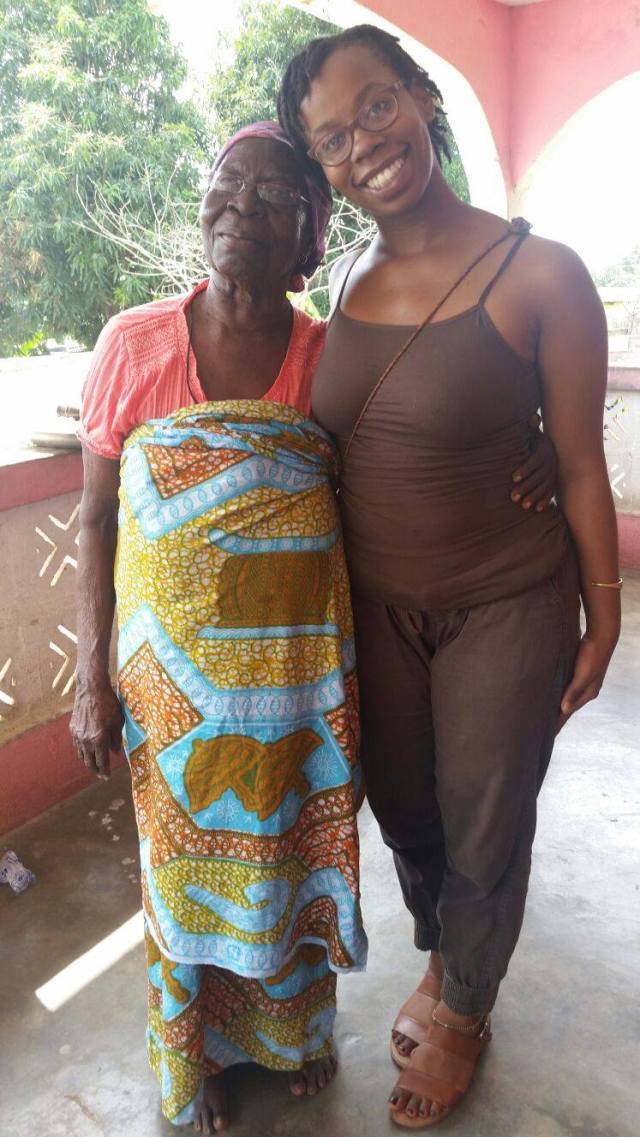
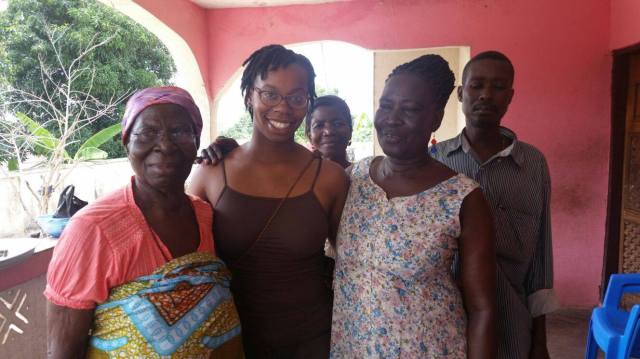
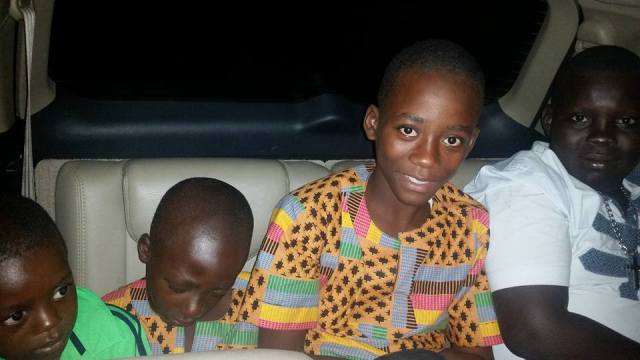
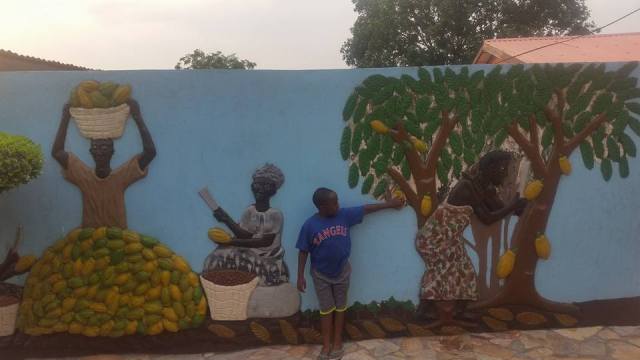
Through education, radical self-love and self-exploration, my world was opened to appreciating the rich and diverse cultures of Ghana and different parts of Africa. Growing up with a stepfather and community who is Fulani from Mauritania blessed me with having multiple father figures in my life. My mother did a DNA test and found that my family share ancestry with the Yoruba and Fulani people, so I look forward to learning more about the two cultures and many more.

I thank God that my mother, who is one of the most woke people I know, corrected me and got right with me when I tried it regarding my African or African American ancestry. I also went through phases where I undervalued or rejected my African American lineage. But that’s another story for another time.
It was a journey of self-discovery that led me to not letting other people’s ignorance or labels stick to me.
Until this day, I struggle with feelings of displacement.
I slay nonetheless, and the journey continues.
Self-hatred is a disease that permeates black communities. It is like poisonous gas/monoxide: you cannot see it, but it suffocates our self-worth and limits growth potential. We must disrupt it. If you see someone or hear someone being bullied, speak up. You can never imagine how it affects a person’s life. I encourage people of African descent who want to visit West Africa to study the various cultures that make up Africa before they go and pack with them an open mind, open heart and no expectations.
If you see someone or hear someone being bullied, speak up. You can never imagine how it affects a person’s life. I encourage people of African descent who want to visit West Africa to study the various cultures that make up Africa before they go and pack with them an open mind, open heart and no expectations.
What memorable experiences have you had or witnessed growing up between different cultures?
What has helped you remain grounded through it all? Please share below.
*Jamaican Tank Top- Custom Made by Jamaican designer Lee Mcleod, you can find her under Lee McLeod on facebook to see her collection or contact her via whatsapp at +1 876 416 0562 to place your order for a custom tee.

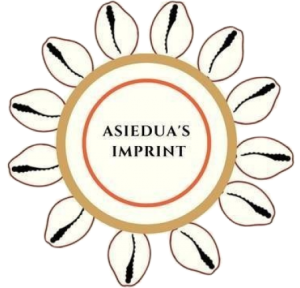
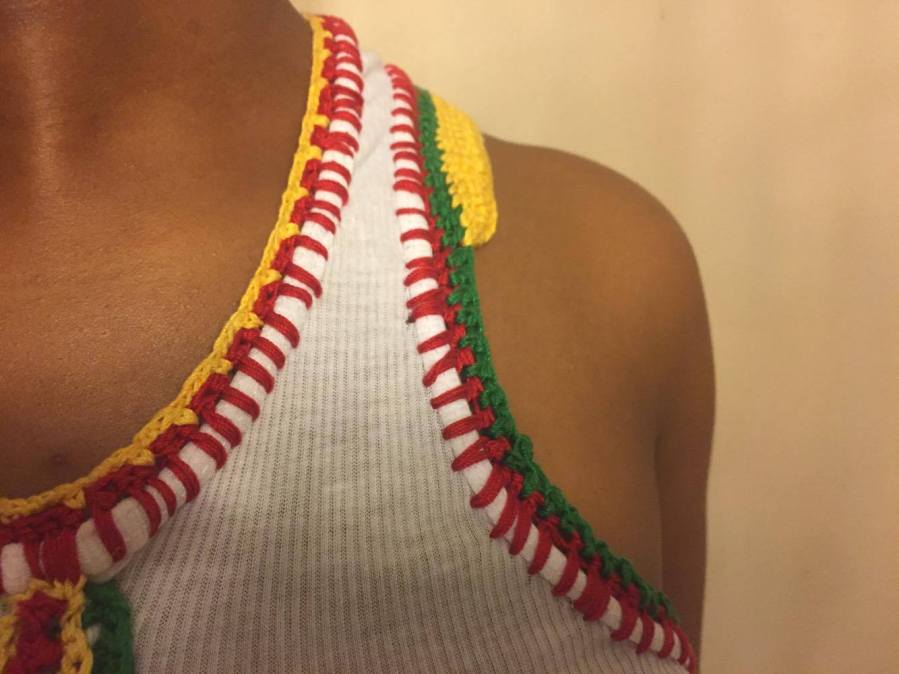
“*Jamaican Tank Top- Custom Made by Jamaican designer Lee Mcleod” UP! UP! UP! like 7! The embroidery work very pretty.
LikeLike
She sends her thanks from JA!
Xoxo, Nana Ama
LikeLiked by 1 person